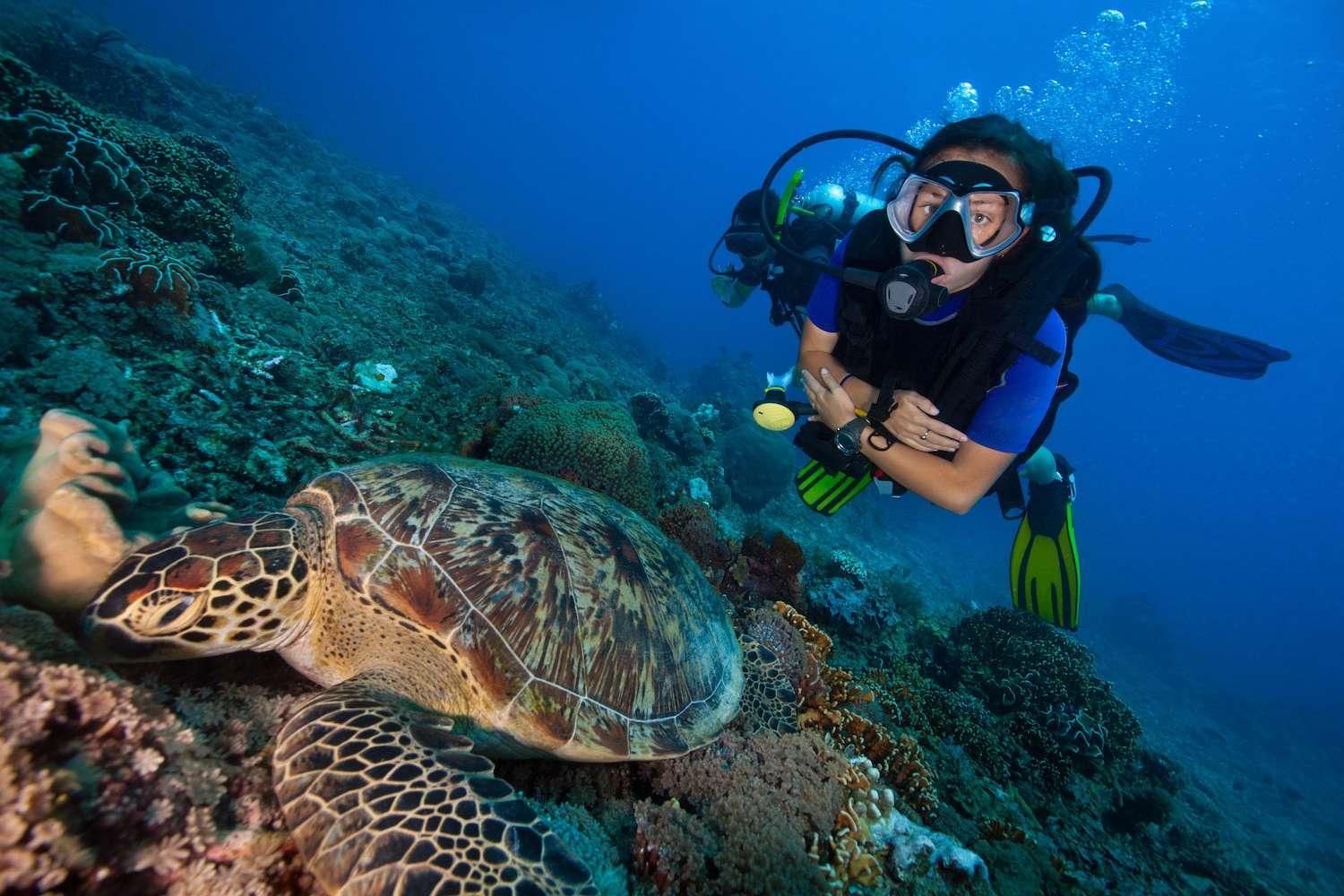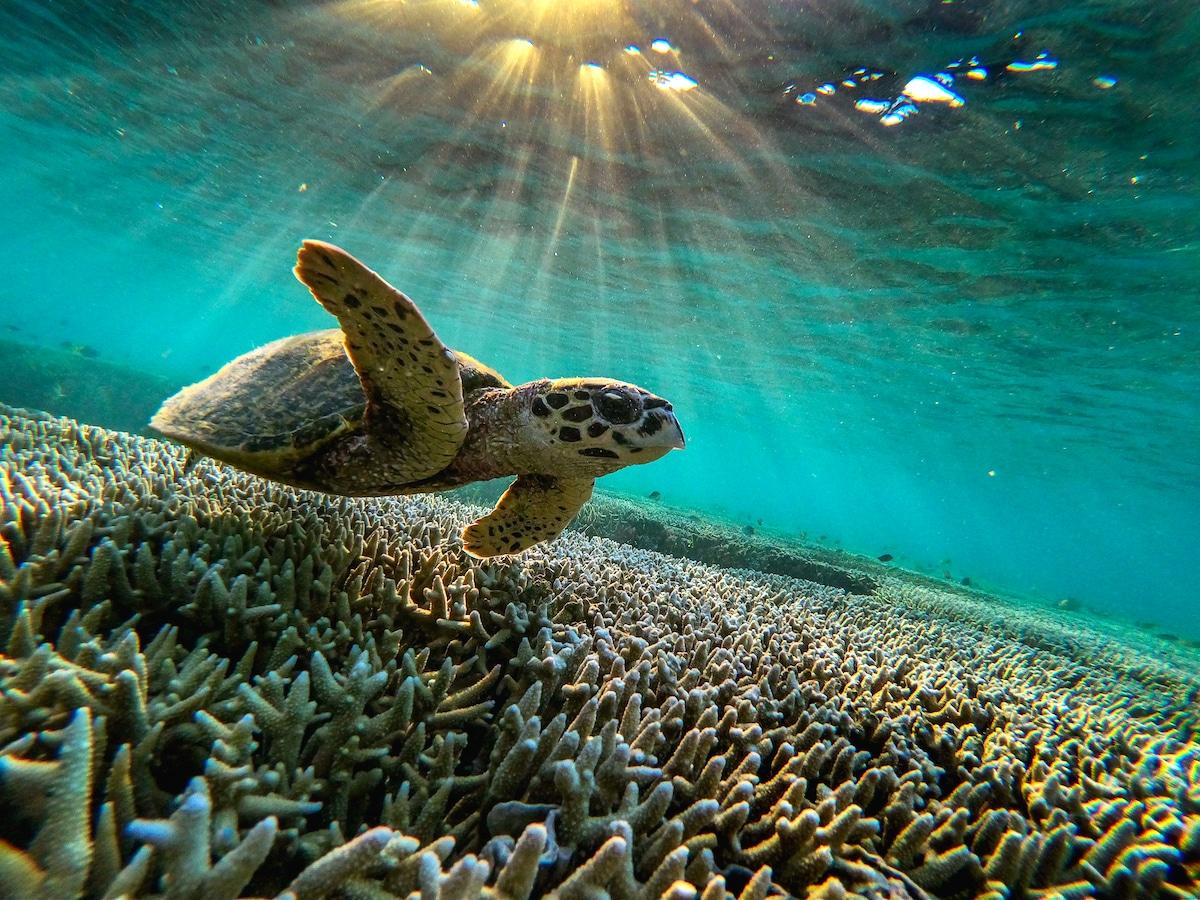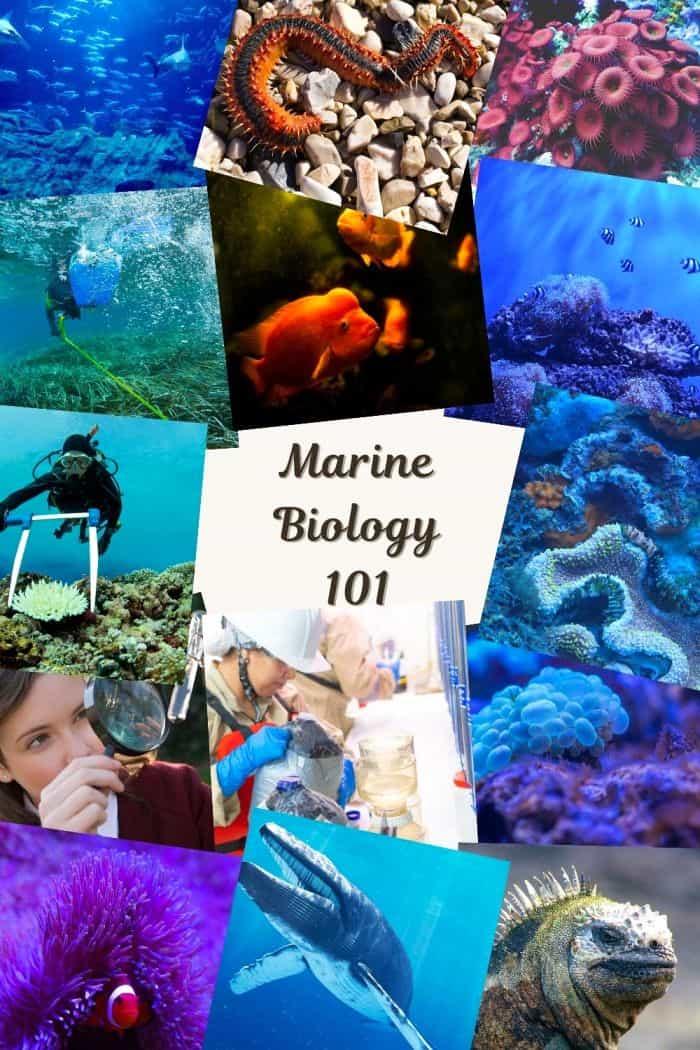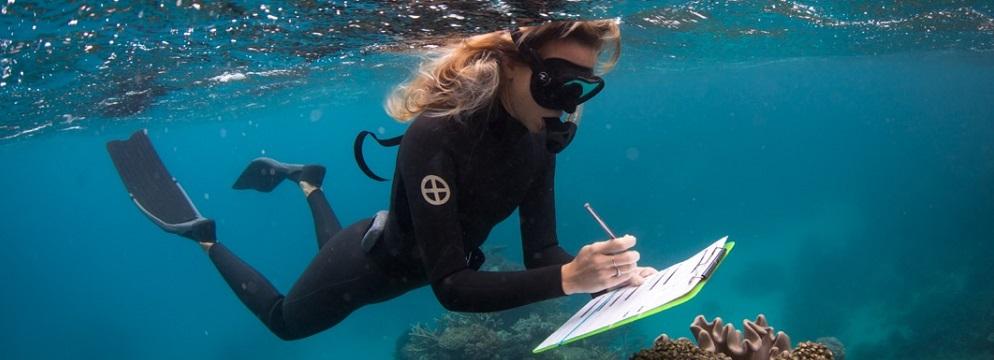Ever gazed out at the ocean’s endless expanse and wondered what lies beneath those shimmering waves? You’re not alone! The ocean is a treasure trove of mysteries and secrets just waiting to be discovered. Marine biologists, those dedicated ocean explorers armed with a passion for marine life, dive headfirst into this blue wonderland, unearthing insights that not only fascinate us but also play a critical role in preserving our planet. So, what exactly do these real-life Aquamen and Mermaids do all day? Buckle up as we dive into the vibrant world of marine biology, shining a light on the incredible work that keeps our oceans — and ultimately us — thriving!
Exploring Marine Mysteries: The Daily Adventures of Marine Biologists

Ever wonder what it’s like to dive into the unknown? Marine biologists tackle just that every single day! Their mornings often kick off with a *wake-up call from the ocean*. Picture them soaring over the waves in research vessels, equipped with an array of gadgets that could make any tech geek’s head spin. They’re not just collecting data; they’re on a treasure hunt for answers! From studying elusive deep-sea creatures to assessing coral reef health, their work is a continuous quest to unravel the intricacies of marine life. Think of them as detectives of the sea, piecing together clues to solve the mysteries of ocean ecosystems.
When they finally hit the water, it’s a whole new world bursting with potential discoveries. They might be tagging sharks, scrutinizing ocean currents, or mapping underwater habitats. Each dive is like stepping into an alien planet. Here are a few of the tasks that could fill a marine biologist’s day:
- Collecting Samples: Jarring seawater, sediment, or even picking up seaweed to analyze in the lab.
- Conducting Surveys: Counting fish stocks or monitoring coral bleaching to keep our ecosystems balanced.
- Engaging with Communities: Teaching local populations about sustainable practices to protect the seas.
| Marine Mystery | Biologist’s Role |
|---|---|
| Coral Reefs | Monitor health & biodiversity |
| Shark Behavior | Tagging & tracking |
| Pollution Impact | Research on effects & solutions |
From Shoreline to Seafloor: Techniques for Studying Ocean Life

Marine biologists employ a striking array of techniques to explore the mysteries of ocean life, whether they’re perched on a rocky shoreline or submerged in a submersible. One of the most popular methods is scuba diving, which allows researchers to engage with marine ecosystems up close and personal. Imagine slipping into the ocean’s embrace, surrounded by vibrant corals and darting fish—a sensory experience that adds depth to data collection. Biologists often use transect lines while diving to systematically survey different marine environments. Here’s a quick rundown of other methods they use:
- Remote sensing: Utilizing satellites and drones to capture aerial images of marine habitats.
- Underwater cameras: Employing time-lapse photography to document animal behavior over long periods.
- Acoustic surveys: Using sonar technology to understand population densities of fish in a given area.
In addition to these hands-on techniques, the tools of modern science have propelled ocean exploration into the high-tech realm. Environmental DNA (eDNA) sampling is a game changer, allowing scientists to collect and analyze genetic material from water samples, revealing an outline of the marine species present in an area without ever having to catch them. Have you ever thought about the sheer volume of data these techniques can yield? Take a look at how diverse the findings can be presented:
| Technique | Purpose | Benefits |
|---|---|---|
| Scuba Diving | Direct observation of species | Real-time interaction and behavior studies |
| Remote Sensing | Mapping habitats | Large area coverage in a short time |
| eDNA Analysis | Identify species presence | Non-invasive sampling technique |
Conservation in Action: How Marine Biologists Protect Our Oceans

Marine biologists are on the front lines of ocean conservation, digging deep into the mysteries of our blue planet to protect its fragile ecosystems. These dedicated scientists don’t just study marine life; they actively engage in restoration efforts that resemble a high-stakes rescue mission. Think of them as the ocean’s first responders, navigating through coral reefs and underwater forests while working tirelessly to combat pollution, overfishing, and the effects of climate change. With techniques ranging from tagging endangered species to conducting intricate underwater surveys, they’re like detectives piecing together clues about our oceans’ health, ensuring they remain vibrant for future generations.
One of the most crucial aspects of their work is collaboration. Marine biologists often partner with local communities, governments, and international organizations to promote sustainable practices. They’re passionate about sharing knowledge and building awareness around oceanic challenges, making them incredible educators as well. Here are some key initiatives they might be involved in:
- Habitat Restoration: Rebuilding damaged ecosystems like coral reefs and mangroves.
- Species Monitoring: Tracking populations of endangered marine animals to understand their behaviors and habitats.
- Community Engagement: Working alongside local fishers to promote sustainable fishing practices, ensuring livelihoods and biodiversity coexist.
Bridging Science and Community: Engaging the Public in Marine Research

Marine biologists aren’t just scientists tucked away in labs; they’re modern-day explorers, diving into the depths of ocean mysteries while pulling the community along for the ride. Imagine standing on a beach, feeling the gentle rush of waves, and knowing that every droplet carries stories waiting to be unveiled. By hosting local beach clean-ups or public seminars, these researchers foster relationships that break down the walls between science and everyday life. Engaging the public isn’t merely about presenting data but about igniting passion and awareness in the community. It’s about turning an ordinary beach walk into a treasure hunt for knowledge, where every seashell can spark curiosity about marine ecosystems.
Through hands-on activities like citizen science projects, everyone can contribute to marine research, whether they’re school kids collecting water samples or avid snorkelers tracking fish populations. Public participation in science brings a fresh wave of energy, making complex research feel more personal and relevant. Think of it as a collaborative dance, where every step the community takes can lead to significant strides in conservation efforts. Plus, when locals rally around marine initiatives, the benefits ripple outward, creating a cultural embrace of science and a personal stake in protecting our oceans. It’s not just about discovery; it’s about building a future—a bond between the sea and the people who cherish it.
Future Outlook
As we wrap up this deep dive into the fascinating world of marine biology, it’s clear that the ocean isn’t just a vast blue expanse; it’s a dynamic, teeming universe that deserves our respect and curiosity. Marine biologists aren’t just the people in lab coats hunched over petri dishes; they’re our modern-day explorers – think of them as the ocean’s detectives, uncovering the secrets of coral reefs and charting the journeys of elusive sea creatures. So next time you gaze at the ocean’s horizon or feel the cool ocean breeze on your face, remember there’s a whole crew of passionate scientists striving to keep that watery world alive and thriving.
Let their stories inspire you. Whether you’re looking to pursue a career beneath the waves or just hoping to appreciate the splendor of our oceans a bit more, consider how intertwined we are with these expansive bodies of water. Who knows? You might just find your own calling in the whispers of the tide or the dance of the dolphins. So, dive in and explore – the ocean is waiting, and it’s full of incredible tales just waiting to be told. 🌊

